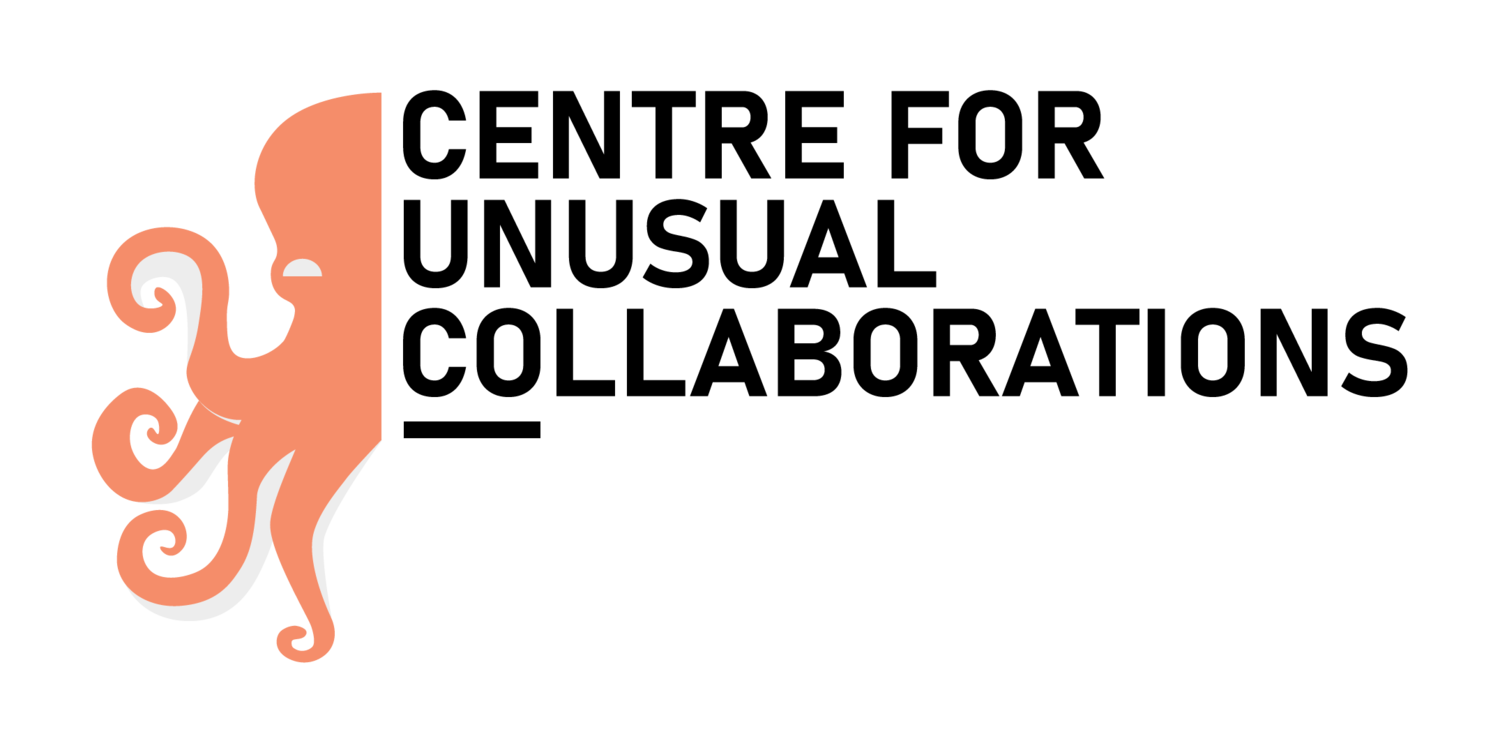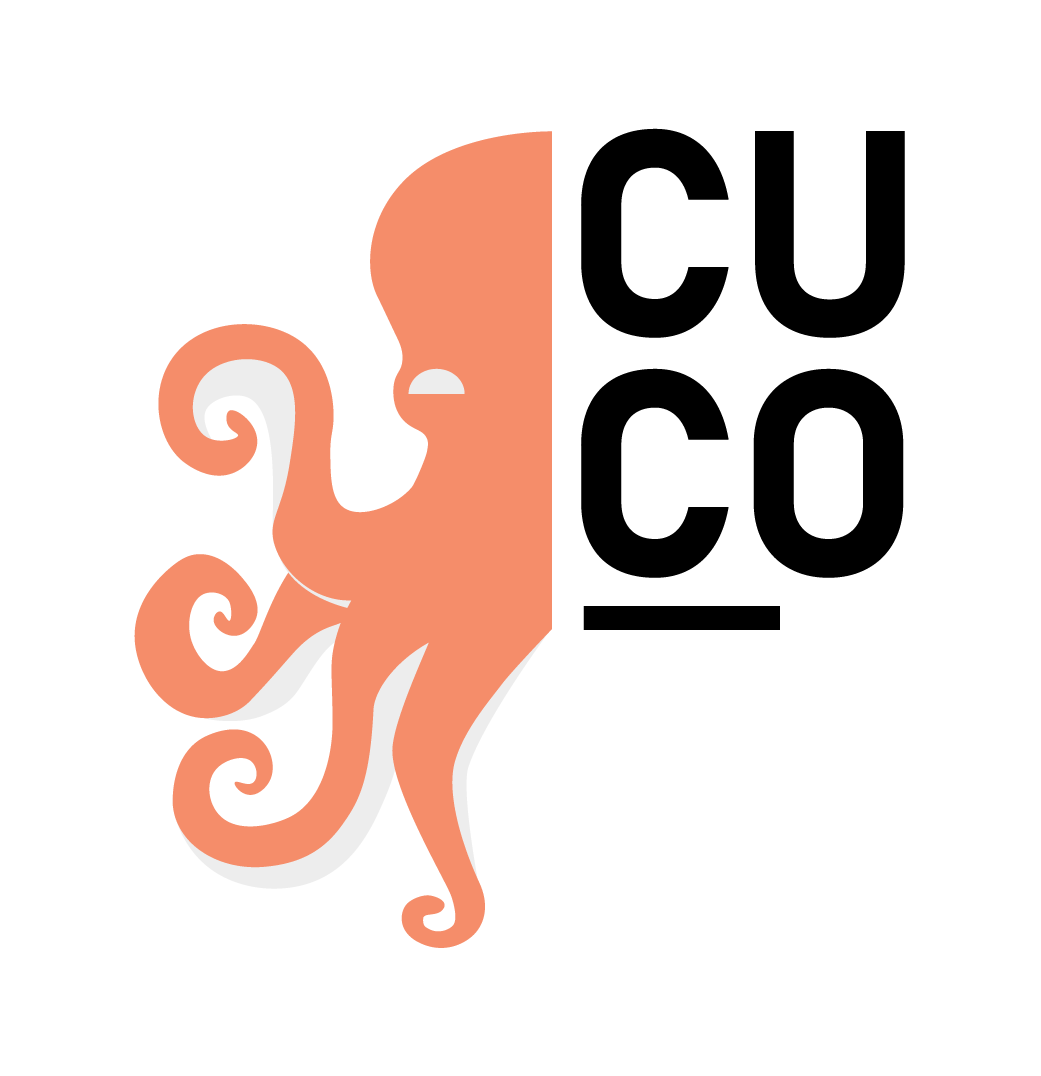
All in the Same Boat: From 'Water everywhere' to 'not a drop to drink'?
We are a team of experts from disparate fields (chemistry, ecology, law, modelling, and technology). Our project relates to current knowledge and attitudes about water security. By collaborating with the Nederlands Watermuseum and artists, we aim to reach the general public, especially children. Our collaboration has already resulted in two Junior Museum Academie lectures, followed up by artist-created visual reports. A planned series of cartooning days at the Watermuseum will help with capturing, sharing, and reflecting on the ideas of museum visitors. Ultimately, we intend to spark conversations and inspire "non-experts" to dive into the topic of water security.
The All in the Same Boat team recently received a new UCo grant for 2024 to continue their unusual teamwork!
If you want to know more about this project, please contact Kevin Matson (kevin.matson@wur.nl). Interested in who is working on this project? You can find all CUCo fellows on our fellow page.
What is this project about?
Project team:
Kevin Matson, Yali Tang, Maryna Strokal, Annette Janssen, Maarten Smulders, Herman Kasper Gilissen, Gerbrand Koren, Erhard Van der Vries, Monique Verber, Monic Deichmann
This project was also funded through an Unusual Collaborations grant in 2022 and 2023
Read about their work in 2022 below
“We propose to advance interdisciplinary integration within and among water security pillars to support Sustainable Development Goals and European Green Deal policies. Only with this integration can we secure water from raindrop to tap.”
What is this project about?
Society and nature both can suffer from water security issues. We define water security based on four pillars: availability, accessibility, utilization, and stability. The fourth pillar, stability, is an umbrella that overarches the other three. Integration of alpha, beta, and gamma knowledge within and across pillars is still lacking. Existing initiatives focus mainly on either natural or social parts aspects of water security. Our SPARK activities, including a survey on water research, revealed a clear need for interdisciplinary integration to secure water from raindrop to tap. Such approaches are badly needed to help realize Sustainable Development Goals and European Green Deal policies.
Our main objective is to develop and verify an open-access and integrative framework with indicators to evaluate and improve water security. We will focus on four pillars and two research questions:
Question 1 centers on developing indicators that consider natural and societal requirements for water availability (pillar 1), accessibility (pillar 2), and utilization (pillar 3). We will apply a four-step approach: 1) identify indicators' focus, 2) define the indicators' requirements, 3) formalize methodology and protocols for indicators, and 4) document indicators' application guidelines. The three working groups, each coordinated by two team members, will oversee this work.
Question 2 centers on developing and verifying an integrative framework for water security. A fourth working group will be tasked with interconnecting indicators in pillar 4. The framework will be evaluated in a workshop with different stakeholders such as the Global Water Partnership, UN World Water Quality Alliance, and Dutch water authorities.
The unusual project’s structure that combines natural and societal aspects by pillar will promote out-of-the-box thinking and will lead to a common language. To stimulate this process we aim to also include non-academics. We will write a joint paper and explore funding options for framework implementation.
Before this project started in its form as an Unusual Collaboration it received the SPARK grant. During this time they developed their idea from its inception to what is presented here. If you would like to learn more about this process press the button.

All in the Same Boat Workshop 10 June

All in the Same Boat excursion '22









